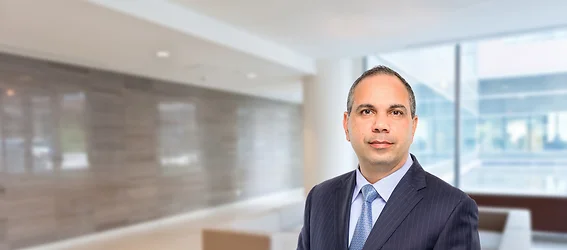The White House issued a Presidential Proclamation imposing a $100,000 filing fee for certain H-1B workers and restricting entry pursuant to that fee requirement. The Proclamation has created a lot of uncertainty. The agencies have begun to issue clarifying guidance, and we expect more in the coming days. Additionally, litigation may change or pause the Proclamation. The following is what we know thus far.
What new restrictions have been finalized by the President on H-1B holders and their petitioners?
On September 19, 2025, President Donald J. Trump issued a Proclamation, “Restriction on Entry of Certain Nonimmigrant Workers,” creates new restrictions and imposes a $100,000 fee on certain H-1B petitions. The changes took effect at 12:01 a.m. EDT on September 21, 2025.
To whom does this Proclamation apply?
The Proclamation only applies prospectively to petitions that have not yet been filed and only to those who enter or attempt to enter the United States after the effective date of the Proclamation who have not paid the $100,000 fee. The Proclamation targets entry of H-1B workers into the U.S. who are currently outside the U.S.
To whom does this Proclamation not apply?
- Petitions that were filed prior to the effective date of the Proclamation.
- Beneficiaries of currently approved petitions.
- It does not change any payments or fees required to be submitted in connection with any H-1B renewals or extensions.
Does the Proclamation apply to H-1B change of employer petitions?
Per the September 21, 2025, White House FAQ, the fee is “a one-time fee on submission of a new H-1B petition” and does not apply to “any H-1B renewals” inside the U.S. It should not include change of employer, change of status and amended petitions —where the beneficiary remains in lawful H-1B status—as they are not expressly covered. Further clarification is anticipated.
Are cap-exempt H-1B workers affected?
Yes, the Proclamation appears to apply to new cap-exempt H-1B petitions. Additional guidance from the agency is expected.
Does this impact travelers with an H-1B visa?
Regarding travel, agency guidance states that this Proclamation “only applies prospectively to petitions that have not yet been filed” and does not apply to “beneficiaries of petitions that were filed prior to the effective date of the proclamation and are the beneficiaries of currently approved petitions.” Although both White House and agency guidance state that the new requirements “do not prevent any holder of a current H-1B visa from traveling in and out of the United States,” we remain cautious and believe it is prudent to monitor the Proclamation’s implementation and impact as well as any litigation that may impact it.
What additional restrictions on H-1B petitioners and beneficiaries are expected?
- Wage Rules: The Department of Labor will propose higher prevailing wage levels.
- Lottery Reform: DHS will propose rules prioritizing higher-skilled, higher-paid applicants.
- Further Measures: The Administration signaled more reforms in the coming months.
- The Secretary of State shall also issue guidance, as necessary and to the extent permitted by law, to prevent misuse of B visas by alien beneficiaries of approved H-1B petitions that have an employment start date beginning prior to October 1, 2026.
Will there be legal challenges?
Yes. Litigation seeking to block or pause implementation is anticipated.
What should employers do now?
Employers should prepare for significantly higher upfront costs, reassess hiring and budgeting and visa strategies, and closely monitor DHS/DOL rulemaking and pending litigation. H-1B visa holders should remain in the U.S. until there is further clarification and monitoring.
Disclaimer: This FAQ is for informational purposes only and does not constitute legal advice. More clarification from the administration on implementation is anticipated as well as litigation that may change or pause the Proclamation.


